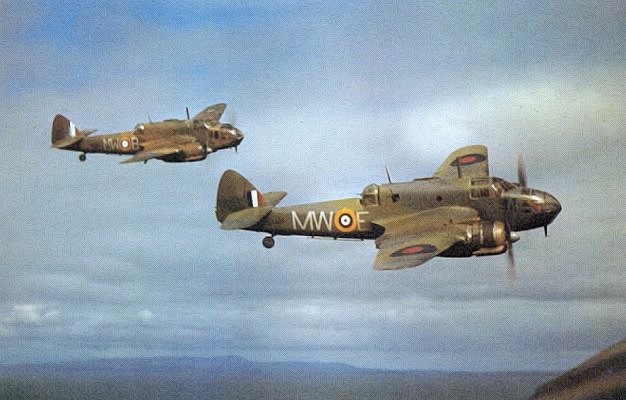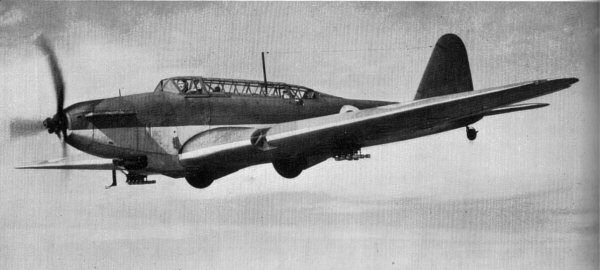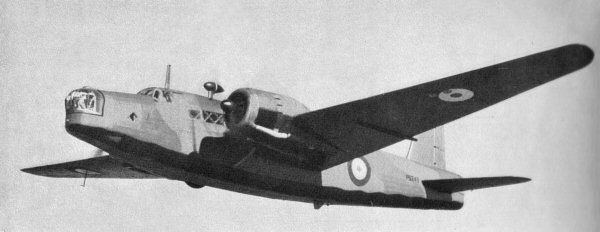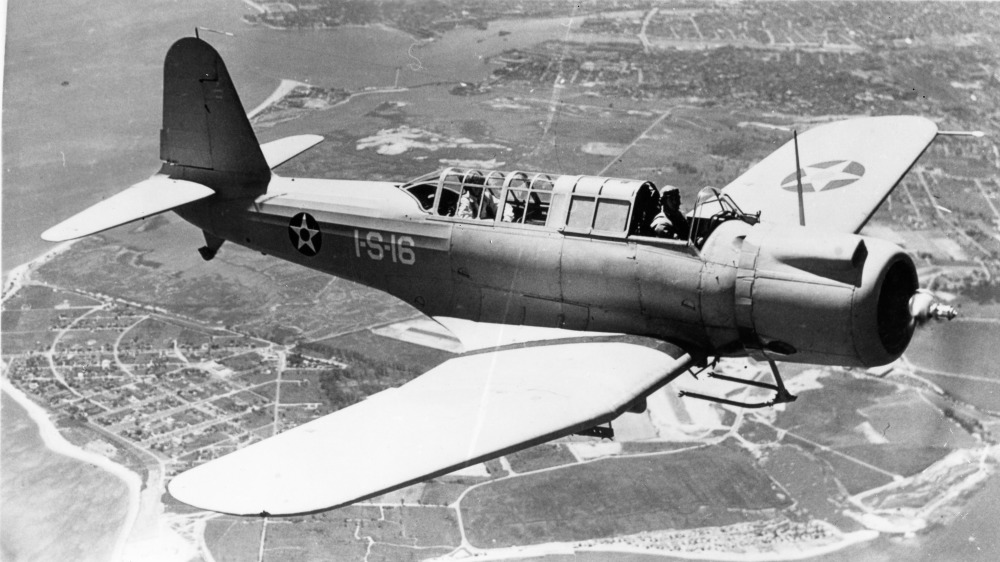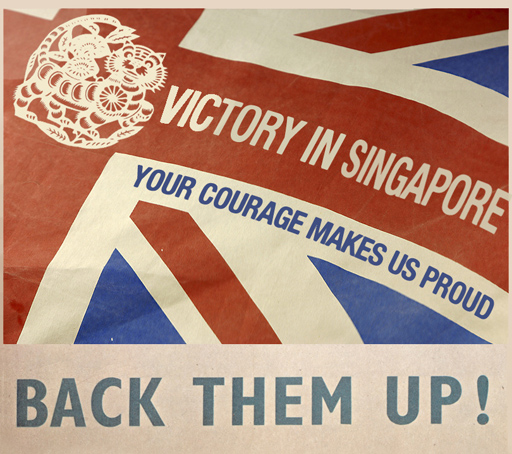1940, Thursday 17 October;
Dill sat there patiently, quietly rehearsing in his mind what he wanted to say. He’d had quite a good COS meeting so far, they were confident there would be no invasion this year, and despite the massive shortages in arms and equipment, the Army was getting into better shape every day. In Egypt the Italians had surprisingly, having just crossed the border, dug in, showing no real interest in wanting to go any further. And in East Africa they also showed no intent on taking the offensive, content to make small ingresses into British territory and then sit down and fortify.
But the Far East was another matter. If Japan attacked, and that was a big if, but if she did, Hong Kong, Borneo, Malaya and Singapore, and even Burma would collapse like a house of cards. They were so weak everywhere, but Churchill didn’t seem to realise that. Dudley had been quite clear the Navy would not be able to get there for at least six months, and the RAF, which supposedly was to be the defence until they did, wouldn’t be ready for a long time, despite Cyril’s crowing.
Well, the appreciation from the local commanders had been received, and it highlighted how weak they were. They were asking for a lot of aircraft, and until they had them, the Army needed about 40 battalions, along with a considerable sundry of other units to defend with. Dill’s mind was brought sharply round to focus, as he heard Dudley speak.
“Next on the Agenda is the Far East, Prime Minster. Have you had anymore thought to the suggestion that the Americans base a naval squadron in Singapore Prime Minister?”
“Ah yes Dudley, over a series of cables I have made representations to the President over the suggestion of a USN squadron paying a friendly visit to Singapore. The response is very clear, with the elections coming up there will be no talk of US Forces being deployed in any way that could drag the USA into, as he called it, a foreign war. The American public is extremely sensitive to any suggestion of propping up our Empire. The President’s focus is on material aid only, with the intent on supporting the UK. Any defensive measures for Singapore will have to be taken by us alone.”
The room was silent for a moment, as the news sunk in, clear disappointment on Pound’s face. He cleared his throat and spoke again. “I received the joint local tactical appreciation from Singapore, and have circulated it, I trust everyone has had time to read and digest it. Singapore was asking for 566 frontline aircraft, but we believe they could manage with a minimum of 336.”
Churchill turned to his right, where Pug Ismay was sitting, and took the offered papers. “Ah yes Dudley, the appreciation, yes I have looked at it. 366 is quite a considerable number of aircraft don’t you think, and over the last few nights the RAF has demonstrated it is incapable of protecting our capital at night, despite being at war of over a year now. More than 2000 casualties on Monday, the biggest raid yet, followed by Tuesday night when London had 900 separate fires, and severe disruption to the rail network”
Churchill was looking at Air Chief Marshal Newall as he spoke, clearly still angry at the inadequacies of London’s AA defence. Dill watched with interest as someone other than himself suffered Churchill ire. Just recently he’d noticed a change in Churchill’s behaviour to Newall, no longer the darling of the Battle of Britain, indeed if the rumours Dill had heard of Newall’s rows with Beaverbrook, he was on borrowed time. “Tell me Cyril, just where do you hope to find these aircraft from” Churchill stared at Newall.
“Well Prime Minister, the fact is we haven’t got much at the moment, however with the reasonable assumption that there is no invasion coming this year, I can release 226 Sqn RAF, equipped with Fairey Battles. For further reinforcements, I would suggest we build up our forces by deploying newly raised Article VX sqns from the British Commonwealth Air Training Plan, with the agreement of the Dominions. For now, we could send further Fairey Battles and some Vildebeest Torpedo aircraft, and then redirect the Brewster Buffalo’s we’ve purchased from the USA to there. We could hope to achieve our target number by possibly end of 41.
We do, however, need to keep developing the infrastructure to allow these aircraft to deploy, and that unfortunately takes considerable time, I hope your satisfied with the planned expansion of airfields, and the accompanying network of radar stations allowing us to maximise their use. We are struggling with airfield construction, lacking the specialist units required for this work, and to provide a radar network ready for the end of 1941, I am having to divert some units promised for other secondary theatres”.
Pound spoke up before Churchill could react “Prime Minister, if I may add, the Naval Staff have given some consideration to forming a FAA Training Wing, based at Singapore, we think it could be useful having a trained pool of aircrew available as replacements to our Eastern Mediterranean squadrons, as well as adding to the defence of the Far East. They could operate in support of the RAF in this theatre if it was so required. HMS Hermes would be able to provide carrier-based training, and the pilots would come from the Dominions, easing our training programme back here in the UK”.
That seemed to placate Churchill, who was clearly ready to jump all over Newall. Now it was Dill’s turn, he leaned forward. “Prime Minister until we have reached the required number of aircraft, it falls on the Army to defend Malaya. They estimate about 40 battalion’s worth of troops. With the planned arrival of two Indian Bde’s, and expansion of local forces we will have about 15 battalions. Longer term we can hope for more troops from India, but that won’t be enough.
As an interim measure could we not ask for the newly raised 8th Australian Division to be moved there, at least as cover until more forces are assembled, they could continue their training there, and they would be closer to the Middle East”.
Dill leaned back; here we go he thought. Churchill looked over his glasses and cleared his throat. “Training John? A temporary move, halfway to North Africa, so to speak. Err yes, I suppose I could ask that of the Australians”.
Dill continued, encouraged now. “Can we ask the Dominions to help out more? Supplies, equipment and particularly construction materials are in short supply. Could they help us raise more local forces where possible, some ECO’s for the new Indian Battalions?”
“Hmm, yes that could help John. I believe we have a conference planned in Singapore to discuss defence issues, with the Americans and Dutch and Australians invited. Invite representatives from the other Dominions. I will speak to their Prime Ministers to encourage their help. You can only expect voluntary help, and it mustn’t detract from our main efforts in Britain’s defence and the Middle East.”
Well, thought Dill, so good, so far, one last bit to debate.
“Prime Minister, we’ve been looking at the situation in Hong Kong again.” A frown formed on Churchill’s face, as Dill continued, “If war does come to the Far East, we couldn’t hope to hold Hong Kong, what we have there would be lost, I’d like to suggest we reduce the garrison to a level able to provide internal security, and able to offer resistance to any Japanese attack on Hong Kong Island itself. We would retain a British battalion, some of the coastal batteries, and with the newly forming Hong Kong Chinese Regt, it would allow us to withdraw a brigade’s worth of troops plus some artillery for Malaya. We would stage the withdrawals gradually, allowing the Chinese Regiment to take on some of the responsibilities as they form”.
Newall remained silent, in part because he had no forces of any consequences and in part to remain out of the firing line. But Pound was quick to follow Dill. “It would be most useful, Prime Minister, I would be able to withdraw some units to Singapore as well. We would still maintain patrols, be able to offer resistance to any attack, but not lose so much”.
Churchill didn’t answer for a moment, in deep thought. “And what British troops would be sacrificed for Hong Kong’s honour gentlemen” he softly asked.
Dill cleared his throat “Hmm, the Royal Scots Prime Minister”
They sat expectantly for several seconds, as Churchill turned the idea’s over in his head. He didn’t like it, but something had to be done. “Very well, Pug, take a note, I shall write to the Dominions requesting their attendance to a Singapore Conference and support with regards to war materials, forming new article XV Sqns in Malaya and the temporary deployment of the 8th Australian in assisting in its defence. With regard to Hong Kong, I accept your proposals, but Leslie, take note, General Dill has chosen the Royal Scots to have the honour of remaining as the garrison’s British battalion”.


